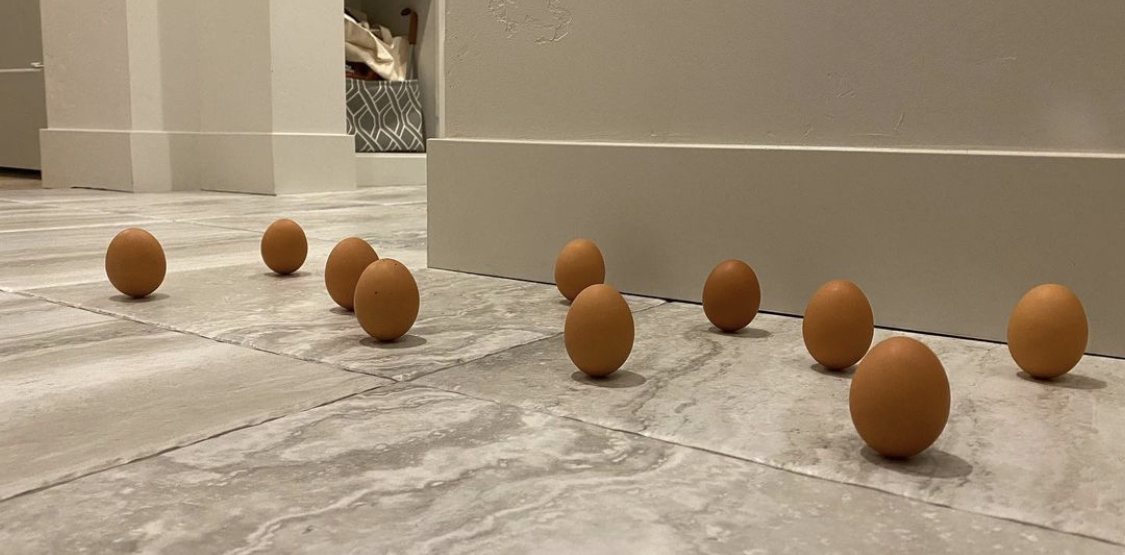Text:
[i.e. having someone else pull K-pop merch for her as a lucky charm]
Alright, so if you listen to k-pop, and you buy something called, buy physical albums, they tend to come with physical inclusions that are more than just the CD or just like a small lyric book. There is usually a photoshoot book, sometimes there stickers, sometimes there’s like extra random like goods. But they almost always have something called a photocard which is like a small card that people like to um trade or buy after pulling it. It’s kind of like the same concept as a baseball card, for example, or Pokemon cards, where you basically, it’s like a gacha system where you can get one of the members in a group, or if it’s just a soloist then you just a soloist card. But there are generally different versions so collectors really like to collect all of them, similar to how like people like to collect all of the Pokemon cards or try to get certain rarities.
So, in this case, what it means to be rare is to try to get the card that you want in particular, um which usually tends to be either a member you really like or a card from a set.
Um, so I guess in terms of like, ritualistic things that happen with this, I would say uh
one of my friends has really good luck with getting pulls that she wants and so recently, my friends have all been making her choose which albums we choose to purchase. Just because her, the chance of her getting the card we want has been… quite high in terms of like um which one what our pulls end up being. Most recently, she and I were getting the same album, but I wanted different cards from her. She didn’t really have a particular card she wanted, so she manifested for me instead. And I was wary, so I decided to switch the albums over. And the one she opened had all the cards that I wanted that she had originally given to me. So,…it’s been kind of interesting because if she is really sure about wanting a certain card, that card tends to appear. So um I guess that’s an example.
Context:
Context of Performance: In-person conversation
Me: Do you see any other cases of other K-Pop pull groups doing this, like having a specific lucky pull person?
Informant: um I have seen on like TikTok, that there’s this one guy who apparently. This one person’s boyfriend who also pulls what they want. I don’t know since I’m mostly referencing it from my group of friends.
Me: Do you think having her pull truly increases your chances?
Informant: I didn’t think so, but the coincidences have been kind of high as of late. She’s been able to get other people their pulls if she thinks hard enough about it. I don’t know if it’s really real or just a lot of coincidence, but it has happened enough that I’m suspicious.
Personal Thoughts:
The idea of having someone else participate in a heavily luck based thing is not unique to my informant’s experience, or K-pop pulls. There’s an entire genre of games referred to as Gacha games where players gamble to obtain playable characters. In addition, characters or other gamble-to-obtain items tend to be heavily objectified. In all heavily luck-based games there is a common thread of having someone else pull for you because they are luckier (an example is linked below). This is some that correlates with the past – for example gamblers having lucky rabbit’s feet. However this practice has also changed as we have moved into the modern era. Now, because we can SHARE our luck based experiences, people have lucky PEOPLE instead of lucky charms.
Additional Notes:
For another example of having a lucky person instead of a lucky charm:
Komemos. (2022, April 22). My best pulls ever???? Ayato and venti pulls … – youtube.com. Retrieved April 28, 2022, from https://www.youtube.com/watch?v=sGrNpwNzAq8

